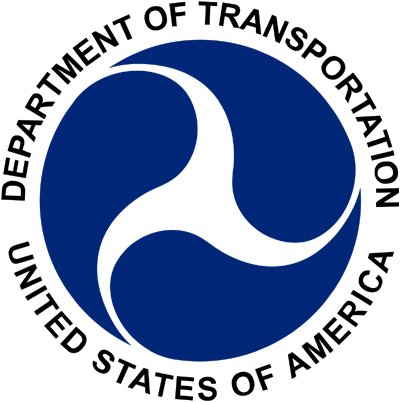Texas Dept. of Transportation Updates
DUI Statistics in Houston, TX
In Houston, Texas, drunk driving is a significant concern. Data from the Texas Department of Transportation highlights the persistent issue of DUI-related incidents within the city. Harris County, which encompasses Houston, frequently reports some of the highest DUI statistics in the state. Factors such as Houston’s population size, the city’s sprawling layout, and its role as a major hub contribute to the prevalence of impaired driving cases. Initiatives from both state and local authorities aim to reduce these numbers through education, law enforcement, and community engagement programs. The continued efforts seek to improve road safety for all users in Houston, TX.
Drug-Involved Accidents in Houston, TX
Houston, TX, reports a noteworthy number of accidents involving drivers under the influence of drugs. According to the Texas Department of Transportation, drug impairment significantly contributes to traffic accidents across Harris County. The metropolitan status of Houston, along with its extensive transportation networks, presents challenges in monitoring and controlling drug-related driving incidents. Strategies are in place to address this, including heightened detection measures and collaboration with local communities to curb drug-impaired driving. The goal is to enhance roadway safety in Houston, Texas, improving public confidence in the transport system.
Marijuana-Related Accidents in Houston, TX
The use of marijuana and its implications for road safety is a growing concern in Houston, TX. Despite legislative changes around cannabis use, impaired driving remains problematic. Harris County records reveal a rise in marijuana-related traffic incidents, prompting increased scrutiny by the Texas Department of Transportation. Efforts focus on public education about the risks of cannabis consumption before driving. Additionally, law enforcement in Houston, Texas, employs advanced techniques to detect and manage marijuana impairment on the roads. These comprehensive efforts strive to reduce cannabis-related accidents, ensuring safer travel for residents and commuters in the region.





















